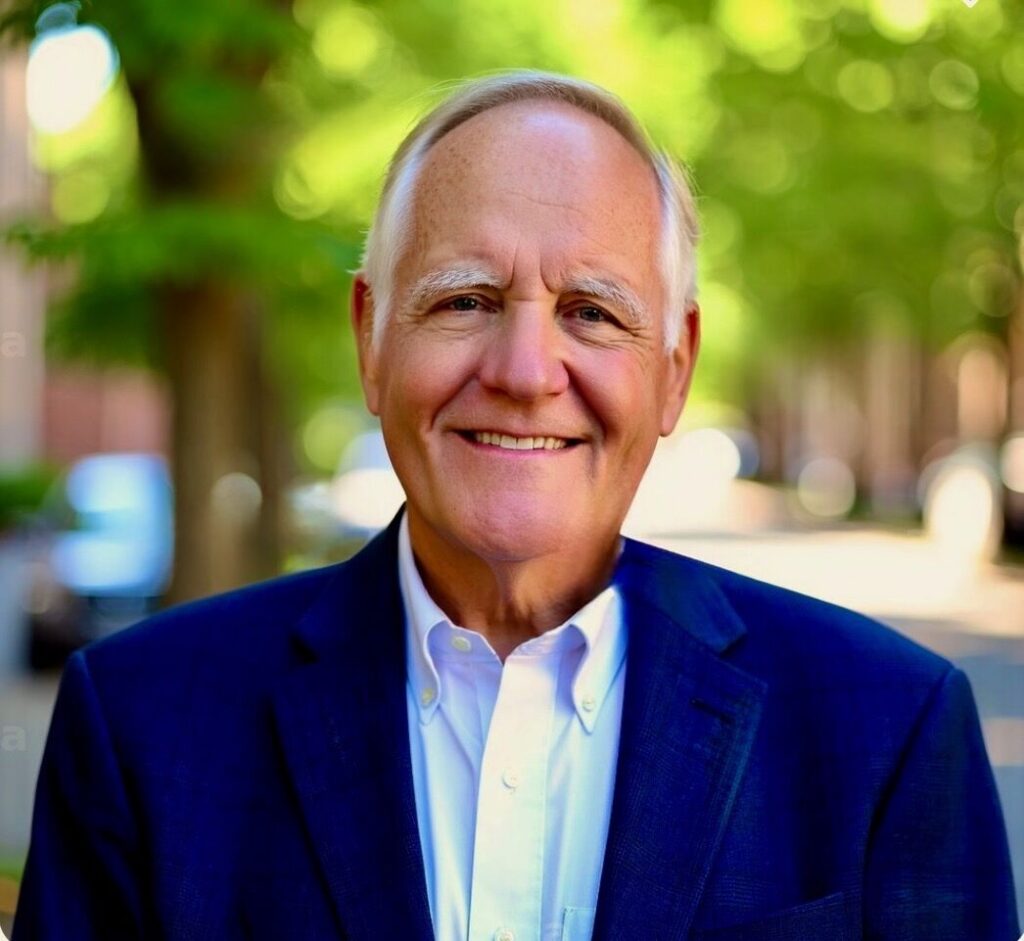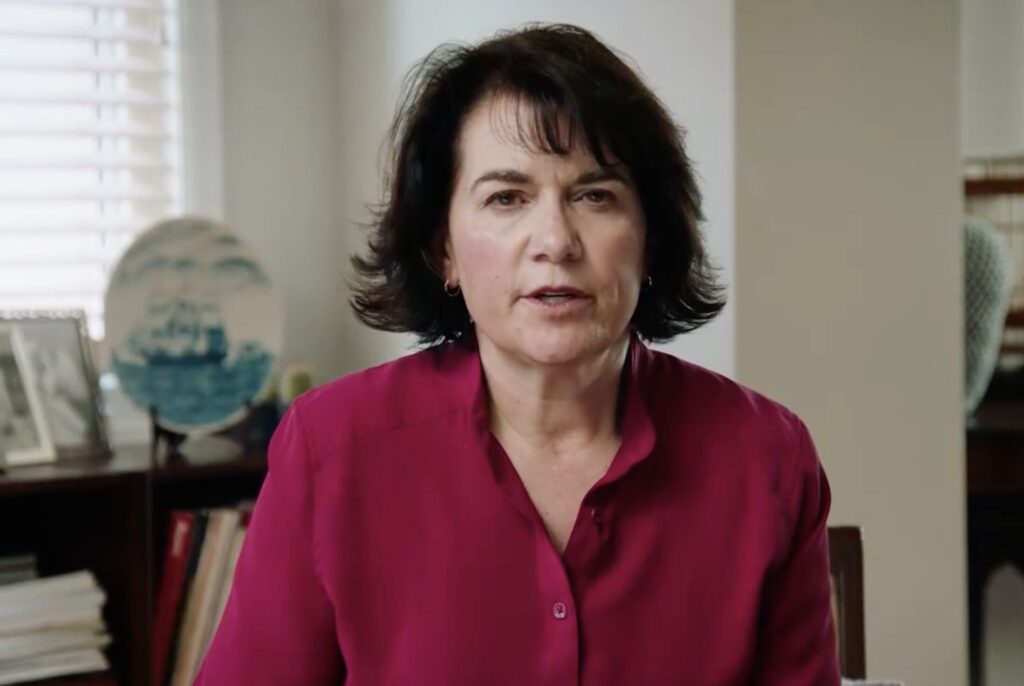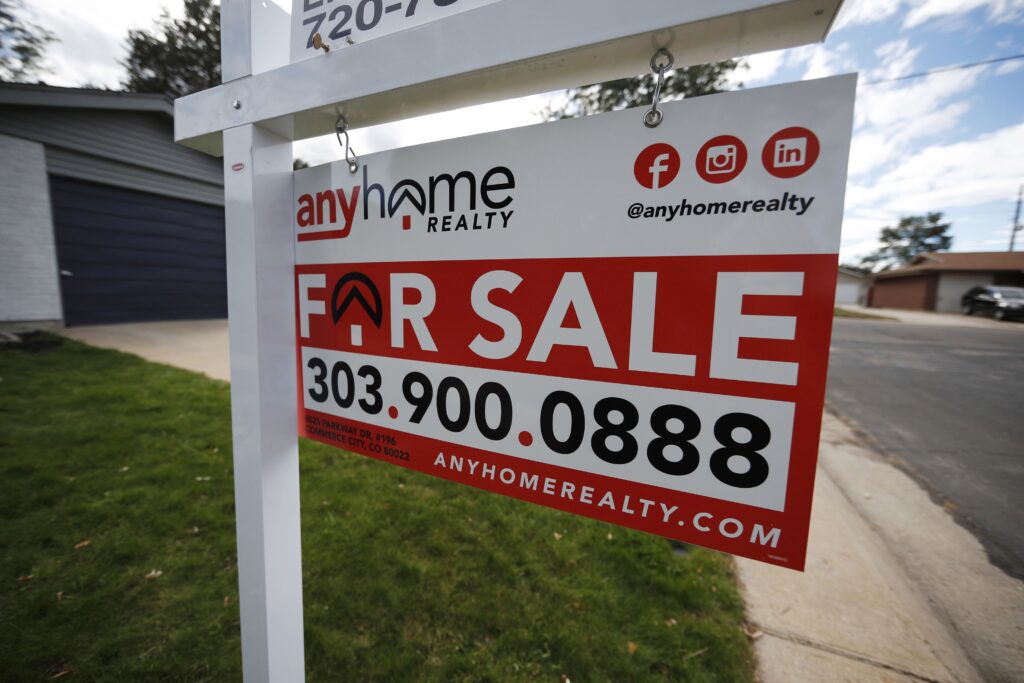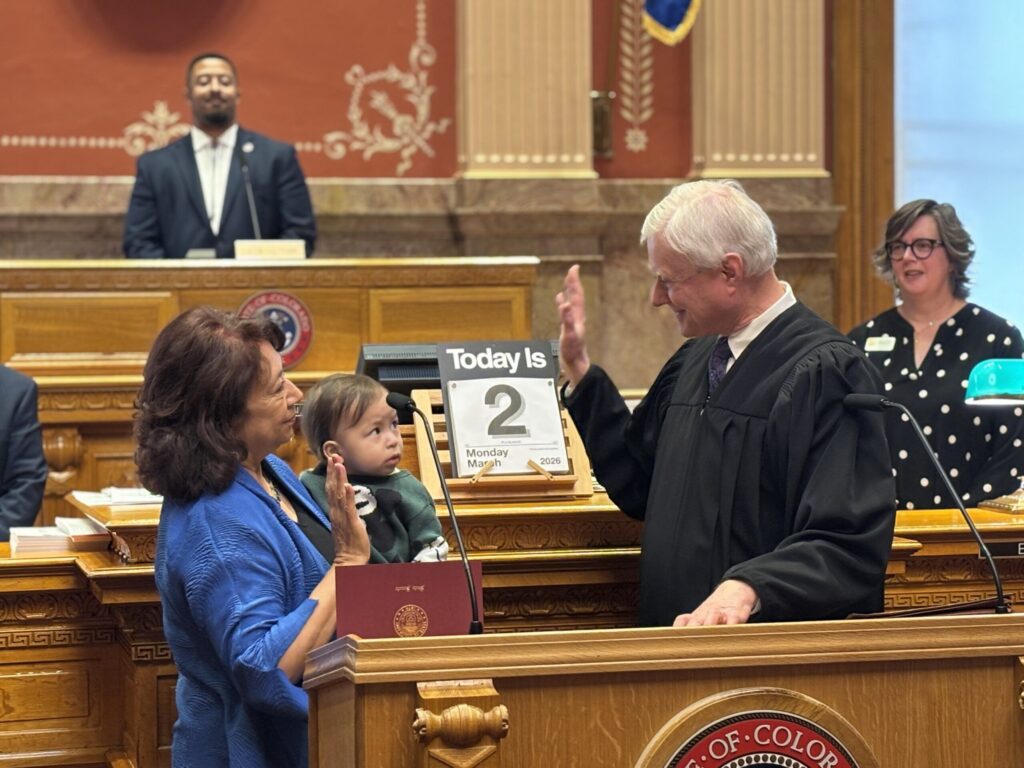Colorado Springs City Council overrides mayor’s veto on retail marijuana tax
The split between the Colorado Springs City Council and Mayor Yemi Mobolade on the retail marijuana tax continued Tuesday when the council overrode Mobolade’s first veto of his term in office.
The City Council voted 6-3 at the meeting Tuesday to override the veto Mobolade issued for an amendment allowing the council to seek grant applications for outside groups that would use the tax revenue for public safety, mental health services and post-traumatic stress disorder treatment for veterans.
The amendment kept in place by the veto override concerned when the council gets to have say in the spending of the tax revenue. During the city budgeting process, the Mayor’s Office proposes the annual city budget and sends it to the City Council, which can make amendments and changes before approving it.
The amendment allows the council to solicit grant applications and make recommendations to the mayor during the initial drafting of the budget. The amendment also confirmed that the city could choose to send the revenue to an outside nonprofit or agency, instead of a city department.
Councilmembers Dave Donelson, Kimberly Gold and Nancy Henjum voted against the override. They were the same three votes against the original ordinance when it passed on July 8. Six votes were required for the override.
Colorado Springs City Council, Mayor Mobolade at odds over marijuana tax revenues
Mobolade said when he issued the veto that the council’s involvement would add more bureaucracy and delays to the process. Mobolade said the city needed to ensure the tax revenue would be used to address public safety issues and help fill the expected shortfalls in the 2026 budget.
“Whether this veto stood or was overridden is no longer the point. The budget process will move forward as required by the Charter, and my proposed budget will reflect our city’s shared priorities: safety, quality of life, and responsible governance,” Mobolade said in a statement shortly after the vote.
The sales tax on the recently legalized marijuana sales is expected to provide up to $1.4 million to Colorado Springs by the end of the year.
Donelson said he opposed the measure because he felt it was a redundant step. City staff had previously told the council that they implicitly had the right to seek applications for the tax revenue whether or not the ordinance passed.
Councilmembers who supported the change argued that the process was needed in order to meet the letter of the law passed by voters in 2022 establishing the marijuana sales tax program. Colorado Springs offers limited mental health services with the Colorado Springs Police Department and Colorado Springs Fire Department and no city programs that are specifically dedicated to PTSD.
“The only way to fill the will of the voters is to fund two buckets that the city currently does not fund, nor should they,” City Council President Lynette Crow-Iverson said.
Gold said in a statement after the vote that residents “don’t trust how we’re handling their tax dollars,” which was why the ballot measure passed in 2022 setting up the sales tax.
It remains to be seen how the new process will play out during the budget process this year. The City Council needs to set up a new subcommittee in the next few months to field grant applications and a framework for how eligible uses will be vetted. Crow-Iverson said Tuesday afternoon that the framework would be established in the coming weeks.
“Whether this will be in place in time for the 2026 budget is still to be determined, but our intention is to begin shaping the structure as soon as possible,” Crow-Iverson said.
Mobolade’s chief of staff, Jamie Fabos, said the mayor’s office was moving ahead with its proposal for the tax revenue in the 2026 budget. Fabos said the proposal would largely split the tax revenue between staffing for the 911 call center, providing new technology for the police, and the Fire Department’s divisions that respond to mental health calls.











